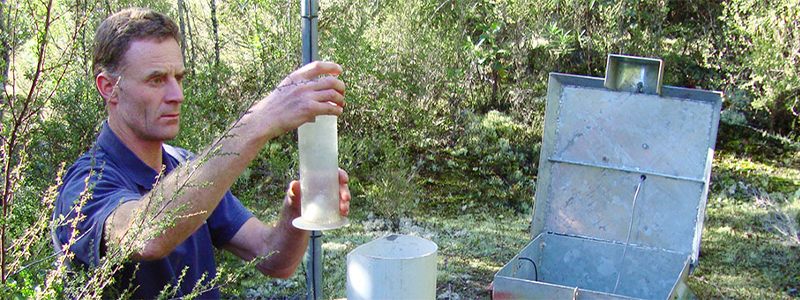- Home
- Learners
- New to industry
- Hydrology
Hydrology
Hydrologists monitor and manage water.
Job overview
A hydrologist might do some or all of these things:
- Maintain monitoring networks to record river flows, rainfall, and water levels in rivers, lakes, and groundwater
- Measure water quality and collect water samples for water quality analysis
- Investigate patterns of rainfall and other precipitation
- Study ice, snow, and glaciers
- Model river flow processes, including water quality
- Investigate how rainfall enters rivers
- Date or age water resources
Hydrologists come from a range of disciplines, including earth or environmental science, physical geography, and civil and environmental engineering.
There is no substitute for on-the-job training in hydrology, where you find solutions to real problems. Our programmes will give you the skills to collect, manage, and interpret hydrometric data from a range of field situations.

